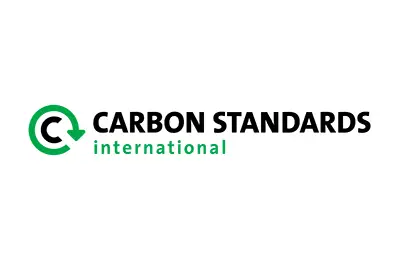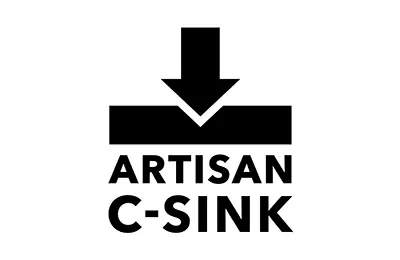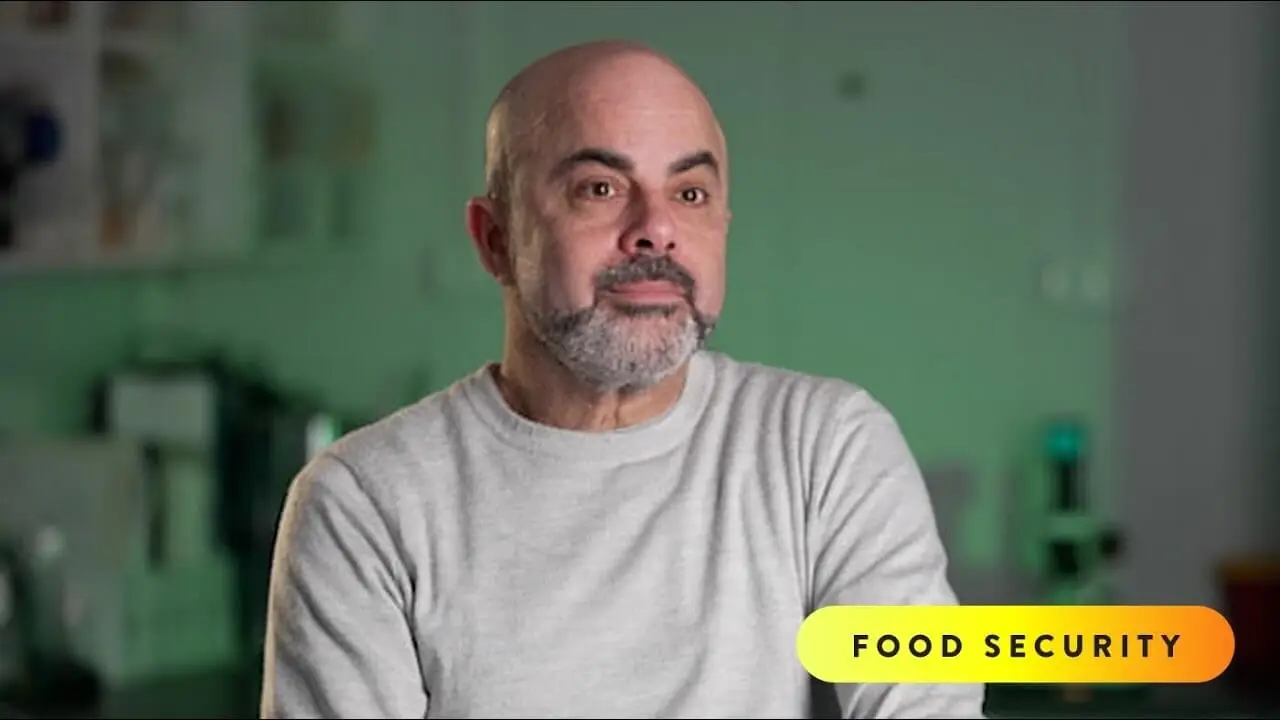Rootella is a seed treatment and soil additive full of mycorrhizal fungi that create a symbiotic relationship with crops and increase plants’ natural ability to sequester carbon in the soil. When applied at planting, the fungus effectively extends the plant root in an underground web, significantly improving nutrient uptake and making crops more resilient to climate change impacts like storms and drought. This results in healthier plants that require less chemical fertilizers and larger harvests that strengthen food supplies. In addition to higher and more reliable crop yields, farmers benefit from lower fertilizer expenses and carbon credit revenues, providing them with more income and greater economic stability.
Where & Why
The United States Midwestern and Mid-Southern states are often referred to as the “Corn Belt.” This region produces roughly one-third of the world’s corn and soybeans. What once was a thriving agricultural hub now experiences hardships due to a changing climate, threatening the livelihoods of thousands of farmers and global food security. By 2050, food production will need to increase by 56% compared to 2010 levels to feed a growing population. Meeting this demand will be complicated by environmental stressors, particularly in major food-producing regions like the Corn Belt.
For farms located in the Mississippi River basin, climate change threatens more than crop yields and farmers’ health – it jeopardizes entire farms. Fluctuating river levels result in extreme flooding that destroys fields, followed by low river conditions that stress water supplies. As droughts become more frequent, intensified storms uproot crops, and soil quality decreases, farmers around the world risk losing their livelihoods. With 13.4% of the Midwest’s rural population living below the poverty line, many farmers already rely on off-farm income to afford basic necessities. Without interventions that mitigate climate change, improve soil quality, and strengthen crop resilience to these new challenges, America’s agricultural sector and the world’s food supply will be pushed further toward the brink of collapse.
American farmers increasingly rely on chemical fertilizers to cultivate enough crops to feed their families and stock grocery stores nationwide. These chemicals are expensive and time-consuming to apply, placing additional strain on farmers’ limited resources. They also tend to run off in high quantities, resulting in high algae growth in nearby bodies of water. These algal blooms create “dead zones” by sucking up the dissolved oxygen in aquatic environments and causing health conditions if people or pets drink or recreate in the contaminated water. In addition, the nutrient additives in chemical fertilizers can release greenhouse gasses like nitrous oxide into the atmosphere as they break down in the soil.
While chemical fertilizers provide the nutrients that poor-quality soil needs, they cannot replace symbiotic organisms like mycorrhizal fungi that many crops need to thrive. Mycorrhizae, meaning “fungal root,” refers to the mutually beneficial relationship the fungi form with plants, attaching themselves to root systems. This partnership extends roots’ reach into the soil, allowing plants to absorb more nutrients while also helping the plants anchor themselves and withstand harsh conditions such as drought, increased salinity, or soil acidification. As farmers till their soil, mycorrhizae numbers are depleted, making it harder for plants to survive and farmers to make a living. As soil quality decreases, these carbon-storing clumps break down, releasing carbon dioxide and methane into the atmosphere.
How & Who
Rootella, a blend of mycorrhizal fungi designed to be applied to soil during planting, was developed to restore the symbiotic relationship between plants and soil organisms. After a decade of development, research, and trials, Rootella was approved for sale domestically and internationally. Years of test data revealed that just 15 grams of Rootella increases crop yields, reduces reliance on fertilizers, and can sequester 3-10 metric tons of carbon dioxide per hectare annually. This large potential for carbon sequestration makes Rootella a promising solution to climate change and the food scarcity it can cause.
As plants grow, they naturally remove CO2 from the atmosphere during photosynthesis and store it in their roots and surrounding soil. The mycorrhizal fungi in Rootella enhance plants’ soil carbon sequestration abilities by helping roots form proteins called glomalin. This glomalin acts as a glue that binds carbon-rich decomposing plant matter to minerals, forming hard clumps that take much longer to break down. In particular, this process leads to the formation of Mineral-Associated Organic Matter (MAOM), a stable type of carbon that can remain locked in the soil for up to 10,000 years, preventing the release of climate-warming greenhouse gasses.

Farmers in the Corn Belt are applying Rootella and seeing positive results, including larger harvests, hardier crops, and fewer crop failures. The mycorrhizae augment the plants’ ability to absorb water and nutrients, promoting more robust crop growth. This reduces the need for expensive and damaging chemical fertilizers and helps crops survive longer during droughts. The clumps formed by Rootella stabilize the soil, preventing it from being washed or blown away and holding roots in place in high winds and floods. As climate change increases the instances of extreme weather across the Corn Belt, treatments like Rootella strengthen crops’ resistance to these worsening environmental conditions, stabilizing food supplies and keeping prices affordable for families worldwide.
The improved agricultural productivity from Rootella boosts farmers’ profits while enhancing resource efficiency. By enabling crops to grow more abundantly, Rootella helps farmers achieve higher yields with less water and land. This eases the strain on local water resources, mitigating shortages during times of drought. Additionally, by optimizing the productivity of existing farmland and improving soil health through regenerative agriculture, Rootella helps prevent the conversion of natural habitats into farmland as global food demand rises. The project developer plans to expand the Rootella Carbon program to key agricultural hubs worldwide to create a more resilient and sustainable food system.
In addition to the benefits from increased crop production, farmers receive up to 70% of the net carbon credit revenues generated from their soil. This extra income provides a safety net during difficult years, funds for farm improvements, and a compelling incentive to continue operating sustainably. With higher yields and increased financial returns, expanding climate-smart agriculture becomes more feasible, paving the way to climate-resilient livelihoods and food supplies.

Environmental Benefits
- Mitigates climate change by increasing crops’ natural carbon removal ability
- Improves soil quality in agricultural fields
- Reduces fertilizer run-off pollution and algal blooms in nearby aquatic ecosystems

Community Benefits
- Increases food security
- Strengthens stability and resilience of farming livelihoods amid climate change
- Increases farmers’ crop yields and income while saving on fertilizer costs
Project Type

Innovative Tech
Location
Midwestern and Southern United States
Annual CO2 Reduction
230,952 metric tons CO2e (expected annual average for crediting period)
SDGs Supported
Verification Standard
Under Validation by Verra
Project Developers
Groundwork BioAg
Project Documents
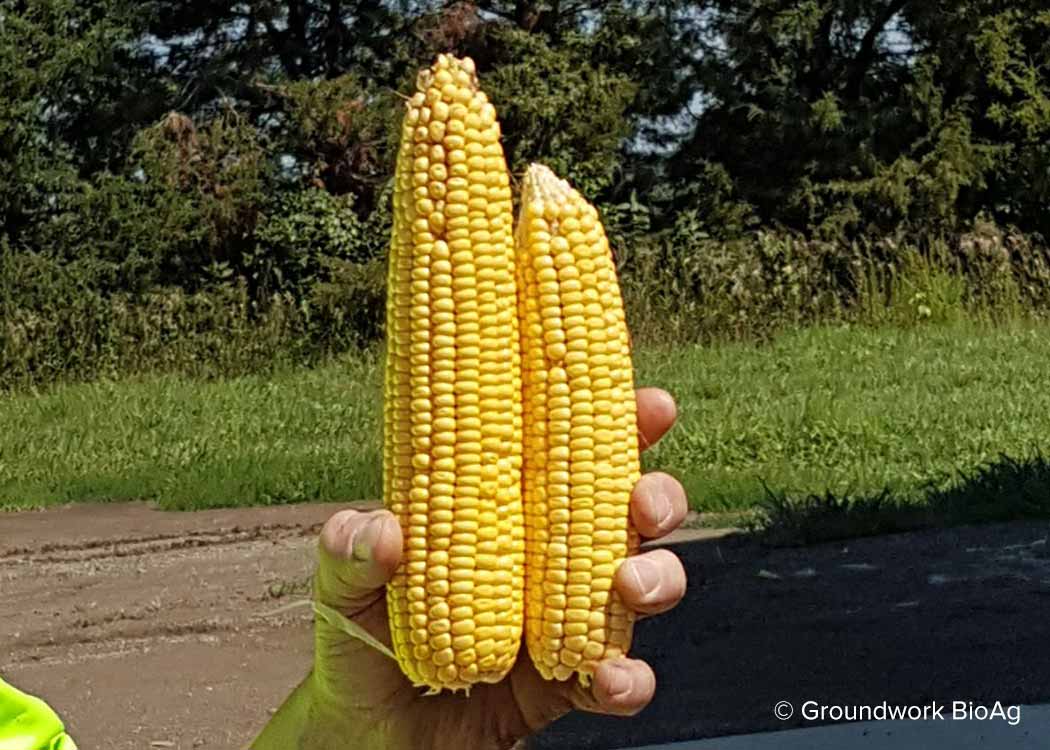
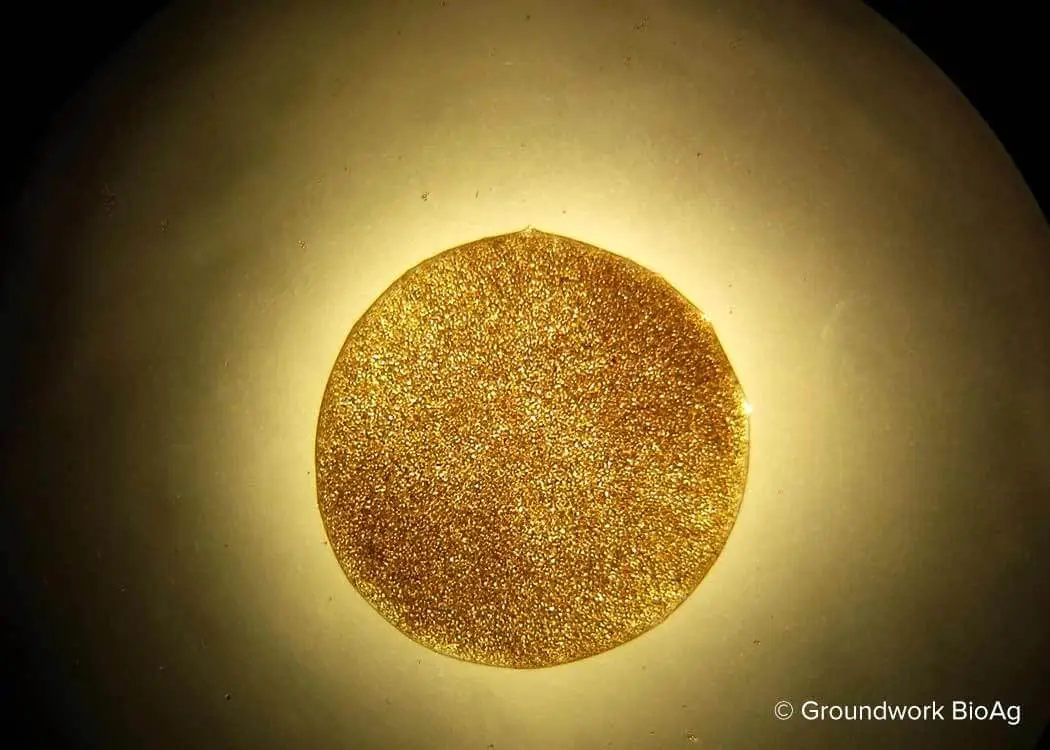
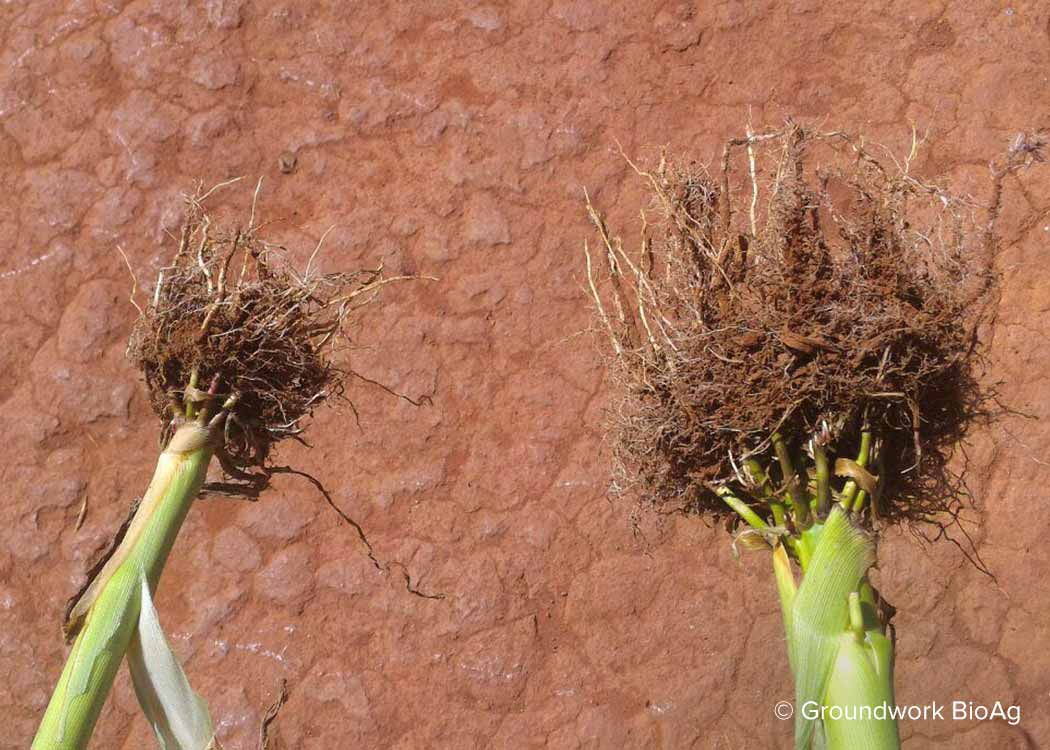
News & Stories
Offset your Travel Footprint
Calculate and offset the carbon footprint of your flight in seconds via our online carbon calculator. Already know your carbon footprint? Click the option to “offset now.”







